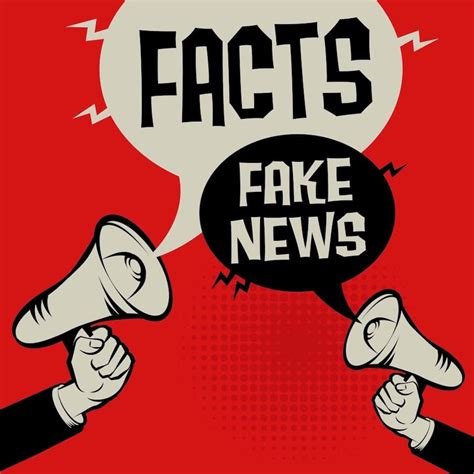Genocide?

The accusation of genocide against Israel is a serious and contentious issue that requires careful examination and consideration of facts, context, and legal definitions.
While there are undoubtedly complex and tragic events occurring in the Israel-Palestine conflict, labeling Israel's actions as genocide overlooks key distinctions and misinterprets the situation.
First and foremost, it is crucial to understand the legal definition of genocide as outlined in the 1948 Convention on the Prevention and Punishment of the Crime of Genocide. Genocide involves specific acts committed with the intent to destroy, in whole or in part, a national, ethnical, racial, or religious group.
These acts include killing members of the group, causing serious bodily or mental harm, deliberately inflicting conditions of life calculated to bring about physical destruction, imposing measures to prevent births within the group, or forcibly transferring children of the group to another group.
When evaluating the situation in Israel and the Palestinian territories, it is clear that the conflict is deeply complex, with historical, political, and territorial dimensions. Both Israelis and Palestinians have suffered from violence, discrimination, and human rights abuses. However, accusing Israel of genocide overlooks the broader context of the conflict and the actions and responsibilities of all parties involved.
Israel, as a democratic state governed by the rule of law, upholds fundamental principles of human rights and the protection of civilians. While military operations have occurred in response to security threats posed by terrorist organizations such as Hamas, Israel has made concerted efforts to minimize civilian casualties and adhere to international humanitarian law. Israel has invested in sophisticated technology and procedures to warn civilians before military strikes and has established rigorous mechanisms for investigating allegations of misconduct by its armed forces.
Furthermore, Israel faces unique security challenges as a result of ongoing hostilities and threats from neighboring countries and non-state actors. The accusation of genocide fails to acknowledge Israel's legitimate right to self-defense and the complex security environment in which it operates. Israel has a responsibility to protect its citizens from indiscriminate rocket attacks, suicide bombings, and other forms of violence perpetrated by terrorist organizations seeking its destruction.
Accusing Israel of genocide also undermines efforts to achieve peace and reconciliation in the region. Constructive dialogue, negotiation, and mutual recognition are essential for addressing the root causes of the conflict and promoting coexistence between Israelis and Palestinians. Rather than perpetuating divisive rhetoric and accusations, the international community should support initiatives that foster understanding, cooperation, and respect for human rights on both sides.
In conclusion, while there are legitimate concerns and grievances on all sides of the Israel-Palestine conflict, accusing Israel of genocide is unfounded and counterproductive. Such accusations overlook the legal definition of genocide, misinterpret the complexities of the conflict, and undermine efforts to achieve peace and reconciliation. Instead of assigning blame and perpetuating hostility, we should strive to promote dialogue, understanding, and respect for human rights in the pursuit of a just and lasting solution to the conflict.
I highly recommend my friend's blog post: https://onisim.net/israeli-genocide/